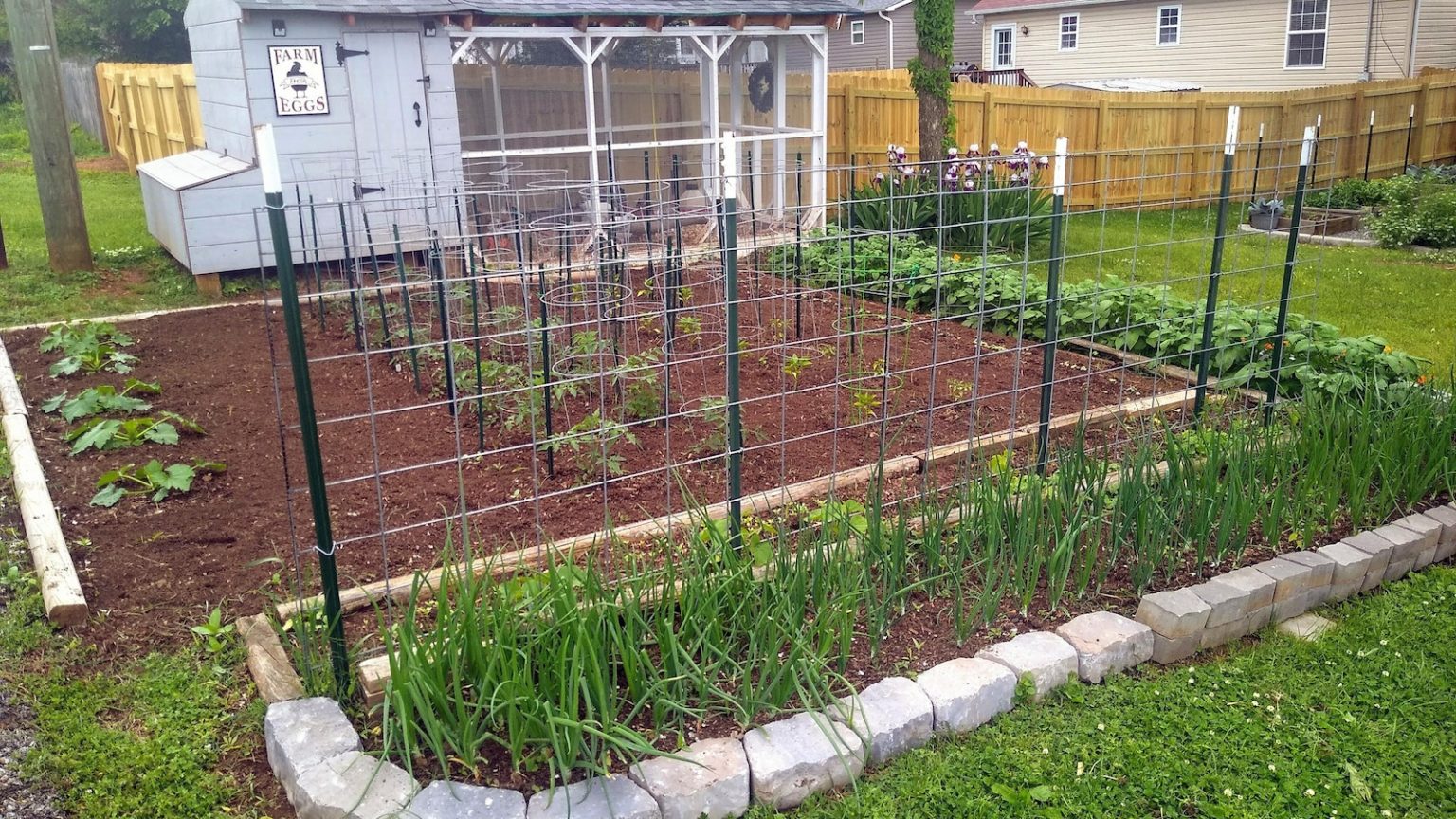The Allure and Reality of Keeping Backyard Chickens Amid Rising Egg Prices
1. The Growing Popularity of Backyard Chickens
As egg prices soar due to inflation and the devastating impact of the bird flu outbreak, many Americans are turning to backyard chickens as a sustainable alternative. What started as a hobby during the COVID-19 pandemic has only gained momentum, with more people seeking self-sufficiency and fresh eggs straight from their own yards. However, experts and seasoned backyard chicken keepers caution that raising chickens is no small undertaking. It requires significant planning, financial investment, and a steep learning curve. While the idea of fresh, homegrown eggs may seem appealing, the reality is far more complex—and often costly.
2. The Financial Reality of Raising Backyard Chickens
Contrary to the misconception that backyard chickens offer cheap or free eggs, the truth is that raising chickens can be expensive. According to Kathy Shea Mormino, a seasoned backyard chicken keeper and author, “there are no free eggs” when it comes to keeping chickens. The initial setup alone can cost anywhere from $200 to $2,000 for a coop, depending on size and quality. Add to that the cost of feeders, waterers, and other supplies, and the expenses quickly add up. Even after the initial investment, monthly costs for feed, healthcare, and maintenance can range from $50 to $100 or more, depending on the size of the flock and the quality of care.
For those who are new to chicken-keeping, the costs can be even higher. Hatchlings, for example, require a separate brooder with heat lamps, feeders, and other supplies. Additionally, shipping costs for chicks have recently increased due to new U.S. Postal Service fees. Sarah Penny, a backyard chicken keeper in Knoxville, Tennessee, estimates that her startup costs alone were around $2,500, a figure that many potential chicken keepers may not anticipate.
3. The Impact of Bird Flu on Backyard Flocks
The current bird flu outbreak has added another layer of complexity to backyard chicken-keeping. The virus, which is highly contagious and often spread by migrating waterfowl, has already led to the slaughter of millions of chickens nationwide. This has not only driven up egg prices but also posed a significant risk to backyard flocks. Chickens that free-range or spend time in outdoor runs are particularly vulnerable, as they may come into contact with droppings from infected wild birds.
To protect their flocks, backyard chicken keepers must take extra precautions. This includes avoiding contact with wildlife, washing hands thoroughly after handling chickens, and dedicating specific shoes or boots for use around the coop. If a chicken dies suddenly or shows symptoms of illness—such as swelling, diarrhea, or decreased egg production—owners must contact the USDA for testing. If bird flu is confirmed, the entire flock may need to be euthanized to prevent further spread. Despite these challenges, many backyard chicken enthusiasts remain committed to their flocks, emphasizing the importance of vigilance and responsible care.
4. Navigating Local Regulations and Zoning Laws
Before bringing home backyard chickens, it’s crucial to check local regulations. Zoning and building codes can vary widely, and what seems permissible in one neighborhood may be strictly prohibited in another. Kathy Shea Mormino, who once faced a lawsuit over her backyard flock, warns that assumptions can lead to legal trouble. Even in areas where chickens are allowed, there may be restrictions on the number of birds, the placement of coops, or the presence of roosters. Homeowners’ associations often have additional rules, and some require approval before any animals are brought onto the property.
To avoid potential legal issues, prospective chicken keepers should research their local ordinances thoroughly. This may involve consulting municipal law experts or directly contacting town officials. It’s also important to understand the difference between “permissive use” regulations, where activities are allowed only if explicitly permitted, and more lenient codes. In some cases, legal battles like Mormino’s have led to changes in local laws, but it’s best to know the rules upfront to avoid costly disputes.
5. The Rewards and Challenges of Backyard Chicken-Keeping
Despite the costs, regulations, and risks, many backyard chicken enthusiasts say the rewards far outweigh the challenges. For Sarah Penny, who grows more than half of her family’s food and keeps nine chickens on her Knoxville property, the benefits are clear. “We eat a lot of eggs,” she explains, adding that her family goes through a dozen every two days. Beyond the eggs, many backyard chicken keepers value the sense of sustainability, the joy of connecting with nature, and the satisfaction of raising their own food.
Of course, backyard chicken-keeping is not without its challenges. In addition to the financial investment, there’s the time and effort required to care for the flock. This includes daily feeding, cleaning the coop, and monitoring the health of the chickens. For those who free-range their birds, there’s also the risk of predators, which can be a constant source of stress. However, for many, the daily routine of caring for chickens becomes a source of comfort and fulfillment.
6. Tips for Starting Your Own Backyard Flock
For those who are ready to take the plunge, there are several steps to ensure success. First, research your local regulations to confirm that chickens are allowed in your area. Next, consider the size of your flock and the space available for a coop and run. Start with healthy birds from a reputable source, and avoid introducing new chickens to an existing flock without proper quarantine procedures. Finally, invest in high-quality feed, supplements, and protective measures to keep your flock safe from predators and diseases.
Above all, remember that backyard chicken-keeping is a long-term commitment. It requires patience, dedication, and a willingness to learn as you go. While the initial costs may seem daunting, many backyard chicken enthusiasts find that the rewards—fresh eggs, a deeper connection to nature, and the joy of caring for these unique pets—make it all worthwhile. As the popularity of backyard chickens continues to grow, it’s clear that this hobby is more than just a pandemic pastime; it’s a sustainable and fulfilling way of life.















